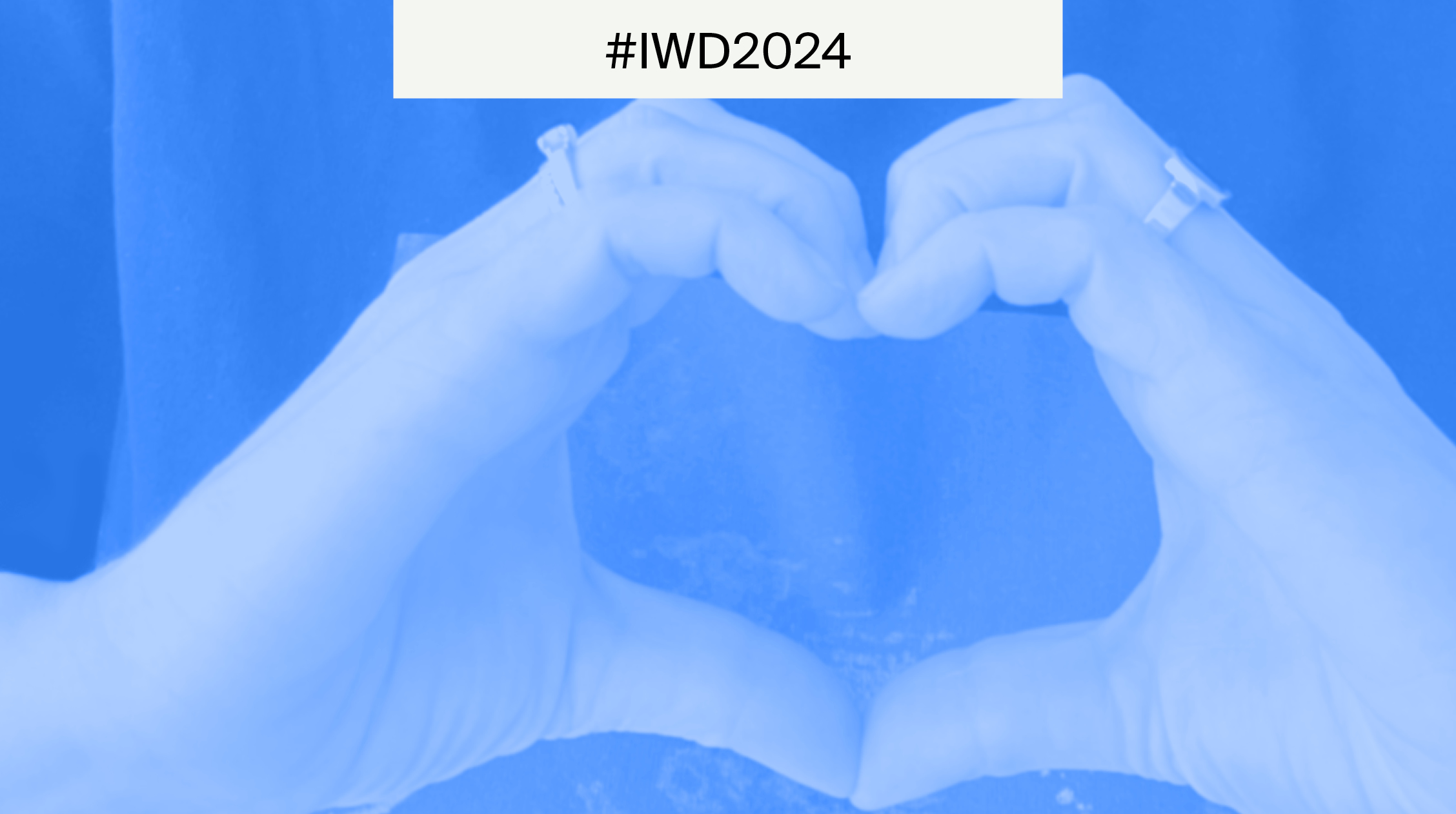
Women in Research—Can Awards Foster Inclusion?
International Women’s Day (IWD) marks a time to reflect upon and celebrate the achievements of women. In 2024, IWD seeks specifically to #inspireinclusion. The theme highlights the need for inspiring environments, opportunities and resources that better include women as well as providing the time to reflect on progress in different industries. As part of our celebrations this year at MDPI, we’re exploring the impact of research awards.
Research is one of the areas in which inclusion and access are particularly important. Inclusion in research can translate to a diversity of perspectives and, importantly, it can help to bridge existing gaps in fields like healthcare.
Globally, women account for around 30% of the world’s researchers despite making up the majority—54%—of university students and graduates (with a higher enrollment of women in humanities compared to STEM). The data vary according to country and discipline as well as in relation to factors such as wealth. However, gender disparities tend to increase overall from the undergraduate level to more senior research positions. This challenge to gender parity at higher levels of research is being discussed more widely today. And solutions are being sought.
Awards in particular are useful for promoting the work of researchers—they are financially beneficial, and they lead to wider recognition. Both of these things are especially important early on in a researcher’s career. To better understand the impact of awards, we are delighted to be able to share the personal insights of two recent MDPI award winners—Dr. Alessandra Pasut and Dr. Leontina Lipan.
Reflecting on the impact of awards at MDPI
The perspectives of both Dr. Alessandra Pasut and Dr. Leontina Lipan can help us to understand the specific ways in which awards are beneficial. Building an understanding of their benefits can help in promoting inclusion in academia overall.
Dr. Alessandra Pasut
Dr. Alessandra Pasut is currently a researcher at the Laboratory of Angiogenesis and Vascular Metabolism (VIB-KU Leuven). In recognition of her excellent research achievements, she received the Biology 2023 Young Investigator Award.
Her research at VIB-KU Leuven is specifically related to endothelial cells. Endothelial cells are similar to stem cells in that they exist in different states and can also acquire different identities.
Her interest in endothelial cells grew from her PhD focus on stem cells, inspired by the work of women scientists such as Dr. Emanuela Gussoni, who laid the groundwork for the use of stem cell transplantation for treating muscular dystrophy.
It was during this time that Dr. Pasut realized she wanted to pursue a career in scientific research.
“I remember distinctly how incredible it was watching under the microscope for the first time dividing stem cells forming colonies and a few days later fusing together to form new muscle fibers. It was in that moment that I realized I wanted to pursue scientific research as a career path.”
Her current work focuses on the same general theme of cell plasticity.
When asked about her research career, Dr. Pasut notes that women in senior research positions have continuously supported and inspired her.
“I work with incredibly talented women that inspire me every day and it was thanks to the support of more senior women scientists that I could continue my research during a particularly challenging time in my career. Their generosity, practical help and trust have been a crucial part of my growth as a scientist.”
This speaks to something that is becoming increasingly apparent across a variety of industries: inclusion fosters further inclusion.
Studies show that in male-dominated industries like STEM, there tend to be even fewer women in senior positions. More research focused on the career-motivating strategies of women in senior research positions is therefore necessary.
When asked what advice she herself would give to other women aspiring to a career in science, Dr. Pasut noted:
“Cultivating a genuine enthusiasm for learning has always been an important aspect of my approach to science. I also think that complex scientific challenges can only be solved via a multidisciplinary approach. I’d encourage aspiring female researchers to surround themselves with people that have complementary expertise and that can expand the impact of their research. For me it is also fundamental to work with scientists that are truly invested and share my same ethics.”
Dr. Leontina Lipan
Dr. Leontina Lipan won the Agronomy 2022 Young Investigator Award for her excellent research in the area of agro-food. Her work is helping to find solutions to challenges faced in the food industry. The research helps growers to produce safe and healthy food in economically, environmentally and socially sustainable ways.
She has been involved in a number of research projects, including projects studying the effect of water irrigation on almond quality, chemical risk assessments and product development.
Her inspiration in this field stems from a research group she enrolled in during her bachelor’s course in Food Engineering at the University of Agricultural Sciences and Veterinary Medicine, Cluj-Napoca, Romania. The group was led by Prof. Dr. Ramona Suharoschi, who Dr. Lipan cites as one of the many women who have inspired her to pursue a research career in this field.
“My interest for research in STEM began when I enrolled in the proteomics research group led by Prof. Dr. Ramona Suharoschi during my bachelor’s degree […]. So, she was my initial source of inspiration, followed by numerous outstanding women in STEM who continue to inspire and motivate me constantly. However, my passion for food production was definitely inspired by my mother, who is a hardworking farmer and grower herself.”
The role played by women in agriculture is often underestimated yet invaluable. From crop production to research, the work done by women in this sector is instrumental to sustainable futures.
Dr. Lipan’s research is helping to solve problems related to scarcity. For example, her research during her doctorates helped to identify irrigation strategies that improve the quality of almonds in water-scarce contexts, which is especially useful given concerns regarding resource availability.
Based in Spain, Dr. Lipan has also noticed the positive impact of government policies that aim to address disparities and create more inclusive environments in research. She notes that such policies have been successful in increasing the presence of women in leading positions, pointing to the diversity in her own research group as an example.
Dr. Lipan also stresses the importance of being empowered to make your own decisions. When asked about the advice she would give to women looking to make an impact in the field, she had the following to say:
“I’m not keen on giving advice, because ultimately, regardless of how much advice you receive, you are the one who makes the final decision that at the end shapes your career path. However, speaking from my experience I would emphasize two keywords: passion and patience. Passion fuels the patience and perseverance, allowing you to overcome the challenges originated by limited funding and job stability, which are common struggles for early-career researchers.”
Moving forward with inclusive practices
We would be remiss to overlook the fact that research awards, especially at higher levels, have been found to be disproportionately granted to men.
However, the work of Dr. Pasut and Dr. Lipan testifies to the benefits of awards in inspiring inclusion. One of the key takeaways from both Dr. Pasut and Dr. Lipan is that awards are a motivating force that have supported their research.
Dr. Lipan specifically mentioned the benefits she’s seen as a result of the award, sharing the following:
“This award and its promotion provided me with greater visibility and exposure within the scientific community that allows me more opportunities to collaborate, share ideas and establish connections with other researchers.”
At MDPI, we are continuously looking to implement practices that can inspire inclusion. Listening to the voices of women in research is crucial to this continued effort across academic publishing and in research overall. To read more about the achievements, challenges and future perspectives of and related to women in science, take a look at our other IWD blog articles covering themes such as healthcare and women in Open Access. Additionally, you can view the Open Access research in MDPI journals to learn more about the themes discussed in this article.










